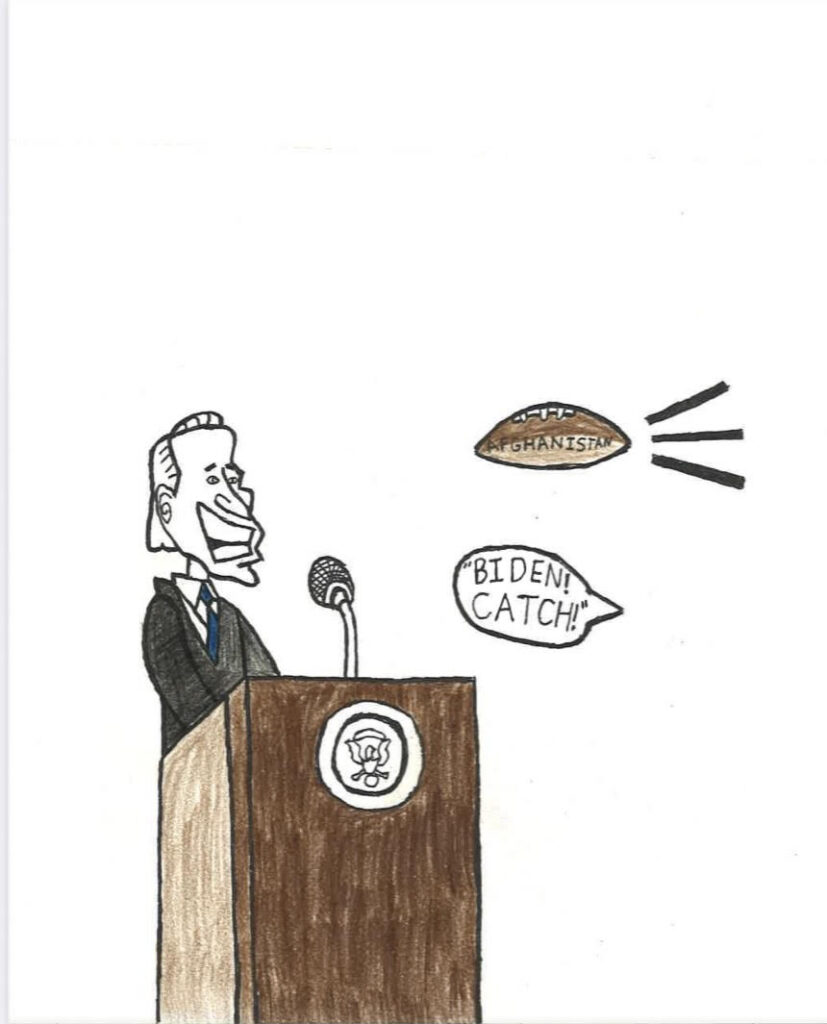Editorial

Over the last year and a half, moves have been made by President Biden and former President Trump to end the 21-year long, United States military presence in Afghanistan.
As the presidency has shifted, so has much of the weight and blame surrounding this situation.
We, as a staff, believe that Biden is receiving much more blame than is warranted for the withdrawal of troops from Afghanistan, as it is a decades-long issue that has just happened to fall into the hands of our current president.
Much of this finger-pointing stems from the control efforts being made by the Taliban that have led to bloodshed, the failure of Afghanistan’s government and the evacuation of their president, Ashraf Ghani.
Although these situations are horrible and heartbreaking, Biden is not the sole individual responsible, as he is only attempting to ease a situation laid upon him by Trump and presidents before him.
The push to remove U.S. forces from Afghanistan began long before Biden’s presidency in late February 2020, as the United States, led by Trump, signed an agreement with the Taliban to have all troops removed by May 1, 2021.
The Taliban had not held up to their agreements to decrease violence in the area, and it began to look less likely that the U.S. would be capable of having all troops removed by the agreed upon date.
This left Biden in a predicament that many presidents before him had experienced. He could either continue the presence of troops in an area where we had already spent far too much time, funds and military resources. Or he could remove them, ending a 21-year war that had burdened our country.
Biden should not solely face the blame for the consequences of our troops’ removal. The plans had been set before him and efforts to reduce conflict would have resulted in further occupation of a country we have had military forces in for far too long.
Understanding the complexity of this situation, rather than attacking the sitting president is essential. Finger-pointing further divides our already divided nation. We need to use our critical-thinking skills.

Leave a Reply